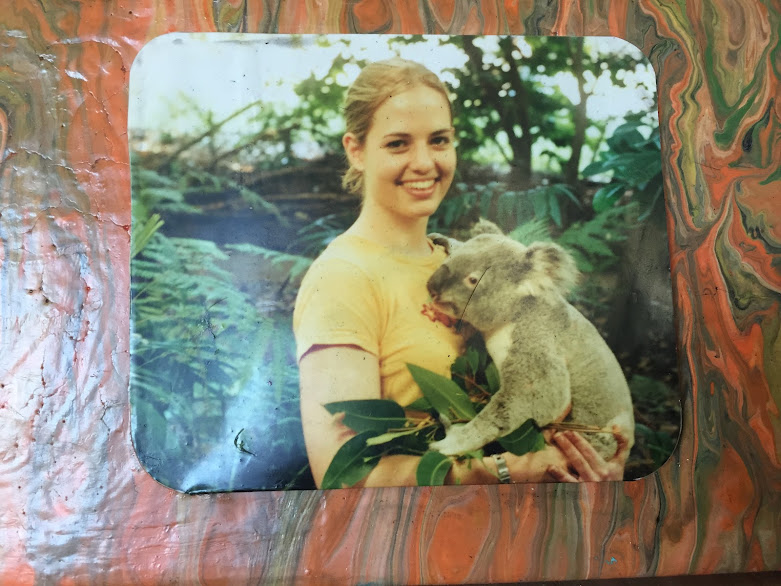ENDANGERED SPECIES ACT 2020
ENDANGERED SPECIES ACT 2020
It has just come to just come to my attention that changes have been
proposed in the omnibus Bill 108, will result in drastic and dramatic changes
to the endangered Species Act and other vitally important Acts.
This wrecking ball approach to reforming the Act is truly lamentable on
so many levels.
This is the worst time in the history to ignore our Earth’s SOS calls
for help.
Look around you, everywhere you look you will observe how our activities
have forced Mother Earth on life support.
Global overheating has triggered life-threatening famine -producing droughts, property -damaging and emergency-declaring killer floods, out -of -control forest fires, soaring and life -threatening temperatures, more dangerous and frequent hurricanes, the desertification of fertile farmlands, melting polar caps, dangerously rising sea levels, the disappearance of wildlife including precious pollinators, and the acidification of our oceans.
The frightful and terrifying impacts of climate change and thoughtless
human activities have forced over 1 million animals and plants on the road to
extinction.
That means today, over 1 million plant and animals are endangered!
An ill- informed person might say, “So what?” “Who cares?”It is not
going to affect me! I have never even seen most of those animals!”
My response would be- WE CANNOT, WE SHOULD NOT ignore this lamentable news.
WHY?
We are all part of a delicate and
balanced ecosystem containing plants, animals and non-living organisms. We are all connected and we all depend on
one another for all our needs-our very survival.
All the actions and reactions occurring in the web of life form a
tangled maze- like the strands in a spider’s web. If one strand is severed,
such as the elimination of a specific species, the whole web starts to unravel
and that affects the well being and future existence of all of us.
For example, a furry bumble bee is relatively small, appears
insignificant, and unimportant.
But, it is extremely important as it is a master pollinator due its
large and furry body.
One third of every mouthful of all the fruits and vegetables we eat depends on small pollinators, like a
bumble bee.
You might respond, it doesn’t really affect me as I eat mostly meat.
If pollinators like bumble bees, disappear the cost of buying meat might
soar out of your price range.
Remember, we are all connected!
Let me explain, livestock eat alfalfa and other grains.
Guess what, bees pollinate the alfalfa and other grains.
Less plant food for our livestock means, higher prices across the board.
Just recently, The UN provided us with some sobering news –the
population of bumble bees have declined by 90 per cent.
If we do not protect 50 % of our green spaces, insects will disappear in
100 years!
Figuring out what kind of impact this will have on humans is
straightforward.
Humans are on the apex of the
food chain and insects are at the bottom.
Once the insects are eliminated most plants will disappear and anyone
left living in this barren waste land will die of hunger and starvation.
And if you are hunter, and you figure you will shoot big mammals for
your sustenance-think again.
Well, as those pesky, little bugs
died off so did all the animals that formed the intricate food chain above
them, including small mammals and later
the larger ones.
Evidence has clearly demonstrated that protecting habitats for the
future survival of all species and especially the endangered ones, due to our
vital interconnectedness, benefits the well-being of all of us.
So we need the Endangered Species
Act to be strengthened, not decimated.
We urge you to world diligently towards protecting 50 % of our green spaces.
The actions you take today will determine if your children and your
children’s children will embrace a future filled with hope and optimism , or
face a future filled with dread and fear.
For the sake of your own children and the world’s children protect all species, especially the endangered ones that form their own niche with their own specialized functions in the precarious web of life.





Comments
Post a Comment